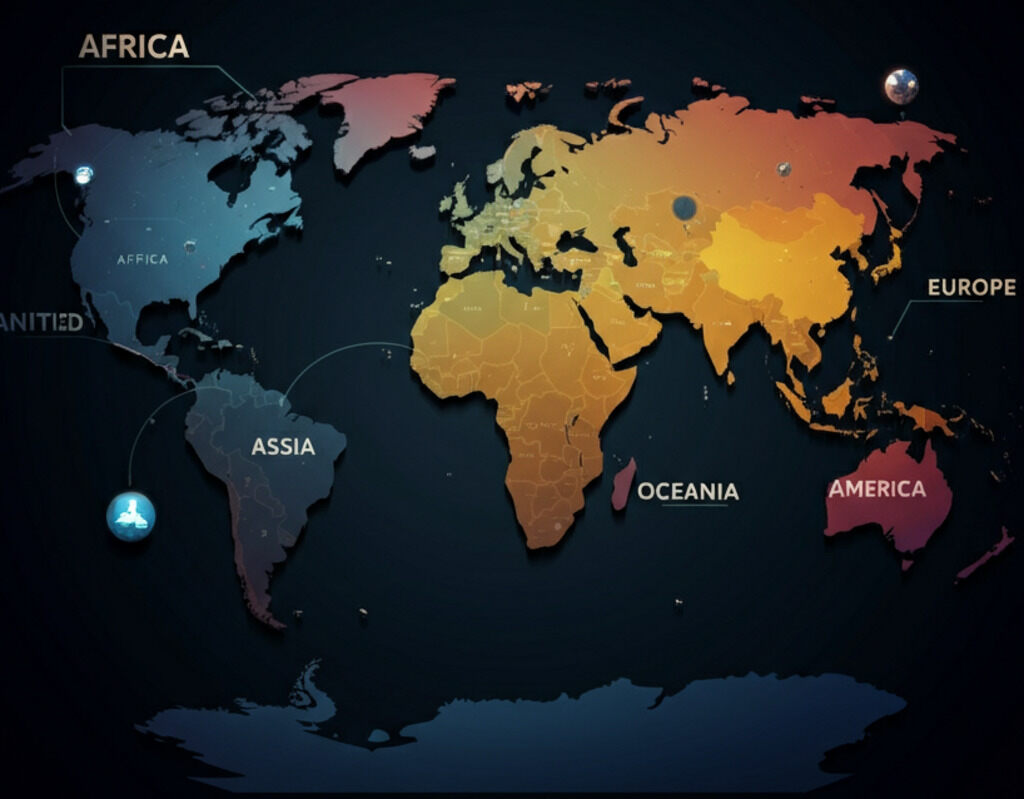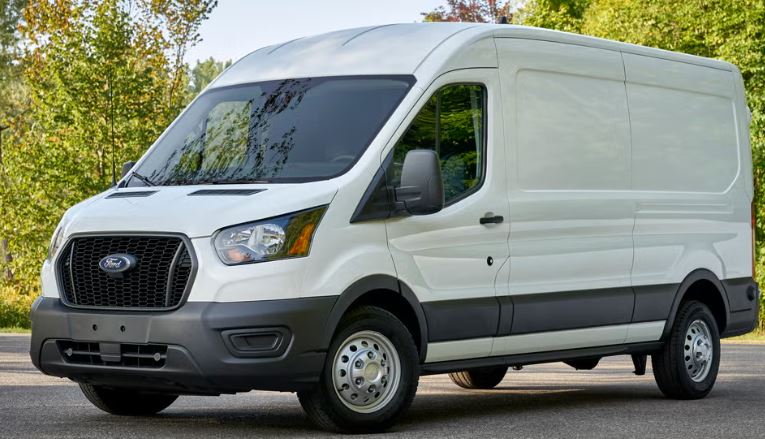There are 7 continents on Earth or you can say in this world. Each one has its own political point of view, cultural, economic circumstances, and national identity. Asia, Africa, Europe, North America, South America, Australia (Oceania), and Antarctica are all in this group. The following is a information based on reality of each country relationship with UK. Let’s an overview on history and present look at their relationships with the United Kingdom and with each other.
1. Asia
There are almost 49 countries in Asia and few are not included because that are recognized by other countries forcefully, making it the largest and most populous continent. East Asia, South Asia, Southeast Asia, Central Asia, and the Middle East are just a few of the many places that call it home. Aside from its size, Asia is an important part of the world because it is where early societies began.
Click to Read Seven Wonder of the World
UK relations with Asia
There are many historical links between the UK and Asia, many of which come from its time as a colony. Historically, the Indian subcontinent, Pakistan, and Malaysia were all parts of the British Empire. It was under “the jewel in the crown” before it became independent in 1947 because of hindu and muslims separation reasons and also because of how important it was for trade. Though the colonization period was over, trade deals and relationships were strong across the Commonwealth.
Trade, technical progress, and education are at the heart of modern relationships between the UK and Asia. The UK has a free trade agreement with India that is being talked about. It also works with China on trade and education problems, even though the two countries’ policies are at odds with each other. It’s important to remember that the Middle East is important because it has a lot of oil, and the ties that have been built over many years of political work.
Notable Trade and Cultural Connections:
- South Asians came to the UK and the UK in particular in the 20th century. They helped build lively communities that have made British society, the business, and society better overall. The British Asians made important contributions to the arts, business, politics, and food, as well as to the growth of modern UK society. Asians have a big impact on many neighborhoods, events, and other places that show a mix of traditional and modern identities. The Asian community in Britain continues to have an impact on national conversations through individuals and groups that support exchange and inclusion. The large number of Asian people has made the UK a lively and profitable place to live.
- Trade between China and Japan is a key way to get them to work together, especially in areas like technology and education. In the fields of robotics, artificial intelligence, and engineering, new technologies are being made possible by study and innovation that they share. Academic partnerships between universities enable students from different schools to collaborate on research projects. Belonging to what strengthens the connections between colleges and universities. Trade in technology also allows Japan’s high-precision manufacturing skills to complement China’s vast production capabilities, making the two countries more likely to collaborate. The ever-changing exchange and trade rate makes the world economy more competitive and helps both countries grow by helping each other.
2. Africa
The African continent has 54 countries and is known for having a wide range of trade products especially tea, agriculture, local cultures, natural resources, and historical events. From Egypt to South Africa, the countries in South Africa have grown and changed in very different ways.
UK Relationships with Africa
Africa has been a part of British history since the time of settlement. Because of economic ups and downs and political issues, countries like Nigeria are considered poor, Kenya famous for tea trade and animals, and South Africa were important. After decolonization in the middle of the 20th century, these ties changed into strategic partnerships for trade, keeping the peace, and helping each other.
At the moment, the UK has trade agreements with African countries that are meant to lower trade barriers and make trade links stronger. Africa and the UK do less business with each other globally, but the UK is investing in green energy, infrastructure, and banking services.
Historical Legacy:
- Between the 17th and 19th centuries, the British Empire was a major player in the trade of African slaves across the Atlantic. Between those times, millions of African slaves were brought to colonies in the Americas. The trade helped the economy grow, but it also caused a lot of pain for many people. A lot of people don’t like the legacy of the trade, and people are still talking about past injustices and making up for them. In 1833, Britain was the first country to end slavery. But the effects of its involvement are still being talked about in politics, education, and the culture debate. A lot of places are now aware of their past connections to slavery, which has led to calls for responsibility and remembering. The role of the Empire is still an important and controversial part of how people think about history today.
- South Africa and Ghana are both members of the Commonwealth, which means they have strong cultural, political, and economic ties. They work together on things like healthcare, education, and technology, and trade and investments are other ways they do business. South Africa is one of Ghana’s most important business partners. They trade goods made from natural resources and financial services. They also work together on problems of regional government and security, and they work to promote economic growth and stability in Africa. Their shared traditions and beliefs, as well as their membership in the Commonwealth, make them closer and help people from different areas get to know each other. They continue to work together, which has a big impact on the economic and political situation in Africa.
3. Europe
Europe is made up of 44 countries that all have big effects on culture and the economy. As well as being Britain’s closest neighbors, these continents are also its most important economic and military partners.
UK Relationships with Europe
Europe has always been an important part of UK ties with other countries. In the past, when agreements were made with continental countries, the UK became a world superpower during the Pax Britannica in the 1800s. The UK joined the European Union (EU) in 1973, after World War II. But because of Brexit, it stopped being a member at the end of 2020.
There are still strong cultural, economic, and political ties between the UK and other European countries, even though it is no longer a member of the EU. Strong and long-lasting relationships are important for groups like NATO and bilateral deals with countries like France and Germany.
Key Factors:
- France, Germany, and Italy have had a lot of educational and cultural exchanges with the UK for a long time. They include sharing artistic movements, such as the Renaissance, making scientific discoveries together, and working together diplomatically. Universities and institutions in Britain work closely with their European counterparts on research, technology, and policy development. Even though there have been political changes, such as Brexit, cultural projects, trade deals, and academic ties continue to grow. It describes the strengthen Britain’s position in Europe. Sharing information and thoughts across boundaries. To makes it easier for people to work together, sparks new ideas, and protects historical ties. The ties that benefit all the countries involved.
- Following the referendum, the UK has emphasized economic agreements. Agreements to ensure peace of commerce in its relations with EU nations. Despite obstacles such as border checks, tariffs, and divergence in regulatory rules. Although open trade is impacted however, agreements like the EU-UK Trade and Cooperation Agreement aim to facilitate commercial relationships. Industries like finance, automotive and agriculture are continuing to adjust to the new rules. The firms are looking for alternative markets and alliances. The UK is also looking into international trade agreements to offset the losses resulting from diminished EU access. While there is uncertainty in the industry and government, they are working towards establishing practical solutions. Solutions to ensure economic stability and mutually positive EU relations post-Brexit.
4. North America
North America consists of 23 countries, including global powers such as Canada and the United States. UK Relationships With North America
UK Relationships With North America
There are many good things about the UK’s “special relationship” with the US. This relationship is based on shared cultural ideals and economic and military alliances, especially within NATO. As a Commonwealth country with a similar system of government, Canada has stayed an important ally even though it used to be under British control.
Highlights:
- The Anglo-American relationship has been the foundation of international diplomacy. It has facilitated an intense cooperation in the field of defense exchanges, cultural exchanges and strategic collaboration. In the field of defense, the UK as well as the US have close military ties and share information, conducting joint operations as well as collaborating in the field of defense technology.
- The UK and Canada continue to work together on international issues, such as peace resolution, climate change, and conflict, through diplomatic initiatives as well as scientific partnerships. Recently UK Science Minister announced that UK Science Minister has announced more than the figure of PS24million in agreements to strengthen the collaboration between Canada on quantum research, climate change and biomanufacturing
5. South America
South America includes 12 countries known for their spectacular biological diversity as well as their vast reserves of natural resources.
UK relations to South America
The UK was a colony in South America and has a short past there. In the late 1800s, it had an impact on trade and economic policy. Movements to break away from Spain had backing from the UK. However, the country also had differences with Argentina over who should control certain areas, such as the Falkland Islands. This circumstance made things more difficult between the two countries.
Recent Dynamics:
- Brazil, as the South American continent’s largest economy, plays a significant role in its relations with the UK, especially in the area of environmental conservation. The UK has been a strong supporter of Amazon conservation, providing funding and implementing policies. Recent studies have highlighted the importance of recognising the concept of territorial forest citizenship, as it ensures the rights of communities in forests within conservation efforts.
- Chile as well as Peru continue to build their relationship by establishing agreements in science, economics as well as cultural exchanges. Recently, both countries commemorated the 200th anniversary of their bilateral relationship which highlighted their dedication to collaboration.
6. Australia (Oceania)
The Australia is often regarded as the same as Oceania is composed of 14 nations that are part of the region. Australia as well as New Zealand lead the region with regard to economic development.
UK relations With Australia as well as Oceania
As a result of their colonial roots, Australia and New Zealand remain closely tied to the UK in the Commonwealth. British colonists significantly influenced the culture and political systems of the two nations.
The relationship has expanded to include defence alliances (e.g., the AUKUS pact) as well as trade agreements.
Points of Interest:
- Australia as well as New Zealand, often referred to as “Down Under,” share deep historical ties to Britain that were formed by colonization, migration and the governing. British influences are evident through their laws, structures of parliament as well as their cultural practices. The introduction of British colonists during the 19th century and 18th led to enduring connections, such as trading, alliances with the military and the shared Commonwealth membership. Indigenous histories, however, are in contrast to colonial narratives that focus on the struggle in the name of recognition as well as rights. In the present, both nations have strong diplomatic and economic relationships with Britain however, they also have distinct identities, while balancing their historic ties with modern-day global relationships
- The trade agreements play an essential part in boosting industries like technology and food exports through reducing trade barriers and encouraging international cooperation. These agreements, like those in the World Trade Organization (WTO) establish frameworks for fair trade that facilitate the smoothest transactions and access to markets..
7. Antarctica
Antarctica is the only continent that’s unique in that it does not have permanent inhabitants and is administered under the Antarctic Treaty of 1959, that declares Antarctica an area of peace and research.
UK Presence in Antarctica
Due to its extensive history of exploration trips and research stations, the UK plays a significant role in Antarctica. It is essential to the UK to uphold the international agreements that protect our environment and keep the study of peace peaceful.
Click to Get Information About Rude Places Names of UK
The UK’s Global Strategy
Because the UK was once a major imperial power, its influence can still be felt on all 7 continents. Each continent has its problems and possible solutions. However, the UK has been able to use its past trade and partnership agreements, as well as its Commonwealth relationships, to make sure it is important around the world. As time goes on, our relationship with these countries will still be affected by issues such as climate change, trade diversification, and the stability of geopolitics.





